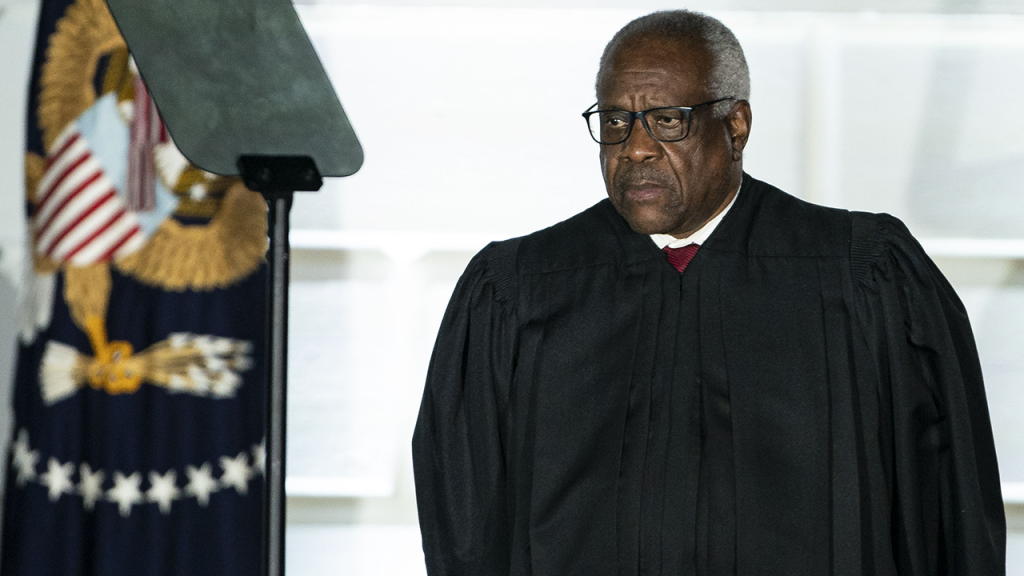In a recent development, Supreme Court Justice Clarence Thomas has disclosed previously unreported trips overseas paid for by his friend Harlan Crow. These trips included visits to Bali and Sonoma County in 2019, with the justice and his wife being accompanied by the Crows. Thomas has since amended his 2023 financial disclosure forms to include these trips, which were not previously disclosed. The justice sought guidance from his accountant and ethics counsel during the preparation and filing of the report.
Thomas’ vacations with the Crows were first brought to light in April 2023, prompting the justice to issue a statement defending the trips. He stated that the Crows are long-time friends, and he sought guidance early on in his tenure at the Court regarding personal hospitality from close friends that did not have business before the Court. Thomas emphasized that he has always strived to comply with disclosure guidelines and intends to follow new guidance recently announced by the committee of the Judicial Conference responsible for financial disclosure for the federal judiciary.
In addition to Thomas, financial reports for seven other Supreme Court justices were released, with Samuel Alito being granted a 90-day extension. The release of these reports comes in the wake of heightened scrutiny from Senate Judiciary Democrats pushing for new ethics laws for the high court. In November, the Court issued a new “Code of Conduct” consisting of five canons, including two new canons addressing private trips paid for by others and the use of court staff for book promotion. The Code emphasizes the importance of limiting expense reimbursement to the actual or reasonably estimated costs of travel, food, and lodging for the justice and their spouse or relative.
The new Code of Conduct also stresses that justices should not use judicial chambers, resources, or staff to engage in activities that do not support official functions or other permitted activities. Justices are allowed to accept reasonable compensation and reimbursement for permitted activities as long as the payments do not appear to influence the justice’s official duties or seem improper. Furthermore, the Code reaffirms the commitment of all justices to comply with the statute governing financial disclosure. These developments reflect ongoing efforts to ensure transparency and accountability in the Supreme Court, particularly in relation to justices’ financial disclosures and interactions with external parties.
The disclosure of Justice Thomas’ trips paid for by Harlan Crow sheds light on the personal relationships justices have with individuals outside the Court and raises questions about the impact of such relationships on judicial independence and impartiality. Critics have argued that these trips, even if innocuous in nature, could create the appearance of impropriety and undermine public trust in the judiciary. The scrutiny surrounding justices’ financial disclosures and interactions with external parties underscores the importance of maintaining high ethical standards and upholding the integrity of the Supreme Court as an institution responsible for upholding the rule of law.













